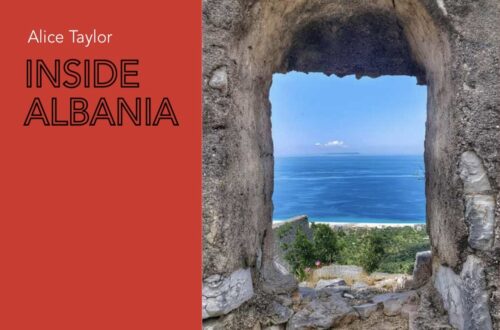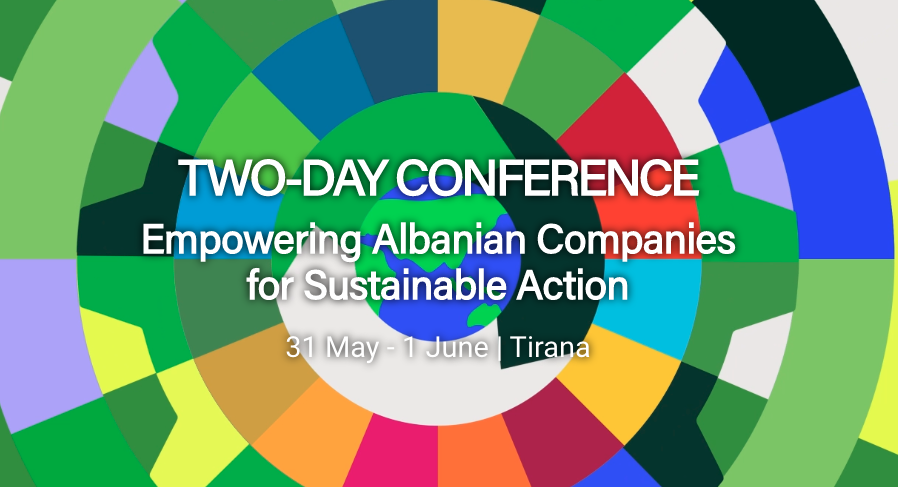Albanians are set to go to the polls in under a week, on Sunday 14 April to elect local councillors and mayors across 61 municipalities. The upcoming vote is seen as crucial after the 2019 elections were boycotted by opposition parties, leading to the ruling Socialist Party sweeping to victory in almost every region.
The electorate will choose between more than 24,000 candidates for councillor and mayor, from 42 political parties. The parties expected to fight it out for governing positions in the country include the Socialist Party headed by Prime Minister Edi Rama, the Democratic Party led by Enkelejd Alibeaj, and the We Will Win Together coalition comprising former president Ilir Meta from the Freedom Party, and former prime minister and co-founder of the Democratic Party, Sali Berisha.
The coalition was formed following a deep division in the Democratic Party that led to it splitting into two factions and battling in the courts to see who would have the right to run under the party name and logo. A court decision ultimately gave the right to the Alibeaj faction, leaving Berisha to form an alliance with Meta.
The fiercest race will be for the capital of Tirana with the two main contenders for mayor the incumbent Socialist candidate, Erion Veliaj who is running for a third term, and Bellind Kellici from the Together We Win Coalition. The latest polls show Veliaj in the lead, and while four other candidates are running, they are largely considered as having little chance of success beyond municipal council seats.
Veliaj is running on a campaign of developing the cities infrastructure, completing the 24-hour running water system, more schools and more green spaces, while Kellici wants to make public transport free, construct an underpass by Skanderbeg square to easy traffic and make the city more livable.
Other important races will take place in Durres, the country’s second largest city, Elbasan, Vlora, and Shkoder which remains the only municipality in the hands of the opposition.
On the ground throughout the country will be some 300 short-term observers, 13 experts from OSCE Participating States and 24 long term observers that have been deployed throughout the country.
International stakeholders including the EU, US and OSCE/ODIHR have called for transparent and fair elections that allow voters to cast their ballot secretly, safely, and ensuring a fair counting process.
The elections will also be closely watched by foreign investors who recently expressed concern that doing business in Albania is challenging and the business environment requires significant improvement. Five local chambers of commerce including those representing Italian, German, French and Italian investors recently published a statement calling for a better strategy to stimulate employment, combat corruption, and increase transparency at all levels.
Follow The Balkanista!



